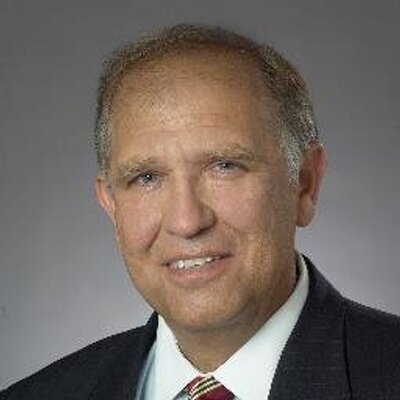Briefings: Impatient Sarno Sinks Police Review Debate with New EO Plans…

“God hath given you one face, and you make yourself another.” (image made via Springfield Sarno portrait & loc.gov files)
On Friday, Mayor Domenic Sarno likely killed efforts to find a compromise in the police oversight debate in Springfield. After introducing an ordinance that would effectively reverse the Council’s efforts to revive the Police Commission—and encountering resistance—the mayor indicated he would act to change the existing board unilaterally. This comes after some councilors indicated a willingness to compromise if the Council got seats on the new board.
The existing police complaint panel dates to an executive ordinance Mayor Charles Ryan filed in 2007. However, it has gone through numerous restructurings and renamings under Sarno. The current impetus to codify the board under ordinance came after revelations about the current body’s lack of subpoena power. Yet, that issue will remain unresolved if the mayor acts without the Council.
“While the City Council is unable to let go of an organization structure of the past, I will continue the City’s efforts to modernize and professionalize Police Community Relations,” Sarno said in a statement.
The old Police Commission’s modernity aside, it is not clear the solutions Sarno has pushed represent anything groundbreaking either.
In his statement, Sarno states that he will ask City Solicitor Ed Pikula to draft an ordinance that implements acting Commission Cheryl Clapprood’s recommendations and those of Police Executive Research Foundation.

City Solicitor Ed Pikula (via Twitter/@attyemp)
Some of these Sarno clearly can implement without the Council. Whether through executive orders or budgeting, the mayor can expand the panel’s size, alter hearing processes, and assign staff.
However, the mayor also wants an executive order will give the panel the power to call witnesses. This matter arose earlier this year when Masslive reported about subpoenas for telephonic communications related to the Nathan Bill’s case. The case involves a beating outside the East Forest Park watering hole in April 2015, allegedly at the hands of off-duty city cops.
There are two problems, however.
The subpoenas, which WMassP&I has obtained, show that in February and April of 2016, the city requested records from the big four cell phone companies. The subpoenas covered texts and call records circa April 2015 for numbers ostensibly belonging to those connected to the beating. Reportedly, police union officials argued the subpoenas were wrongly issued and the city agreed to destroy them according to Masslive. Whether it did is unclear.
In comments to Masslive, Pikula indicated the police oversight board lacked the authority to issue the subpoenas. Rather, only the Council, which intrinsically has subpoena power, could delegate it. By the reckoning of the mayor’s own Solicitor, Sarno lacks the authority to assign subpoena power to his board.
The other problem is that the current version of the executive order already authorizes the pursuit of subpoenas. How could a new order write around this problem?
While the mayor can reorganize the board, he cannot cure the lack of subpoena power unilaterally. Arguably, this was the main reason he and some councilors teamed up in April to file the new ordinance. But if the mayor could do the other stuff on his own, why didn’t he?
“The Mayor has never been shy to act through Executive Order and unless he was seriously interested in compromising, which clearly was not the case, then entertaining this ordinance was wasting everybody’s time,” City Council President Justin Hurst told The Republican.
An underlying motive may be concerns about the legal posture of police leadership. The mayor’s refusal to implement the Police Commission ordinance leaves the city in a legal grey area vis-à-vis police hiring, promotion, discipline and termination. This risk was not the basis for the current debate, however.
